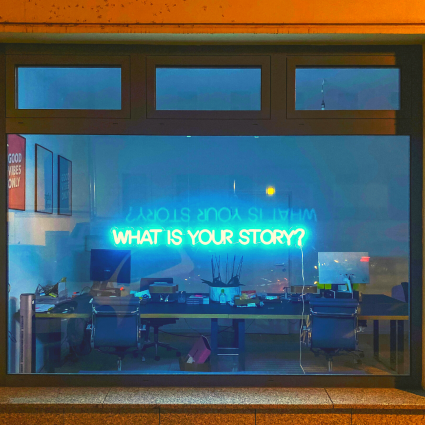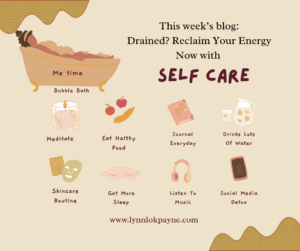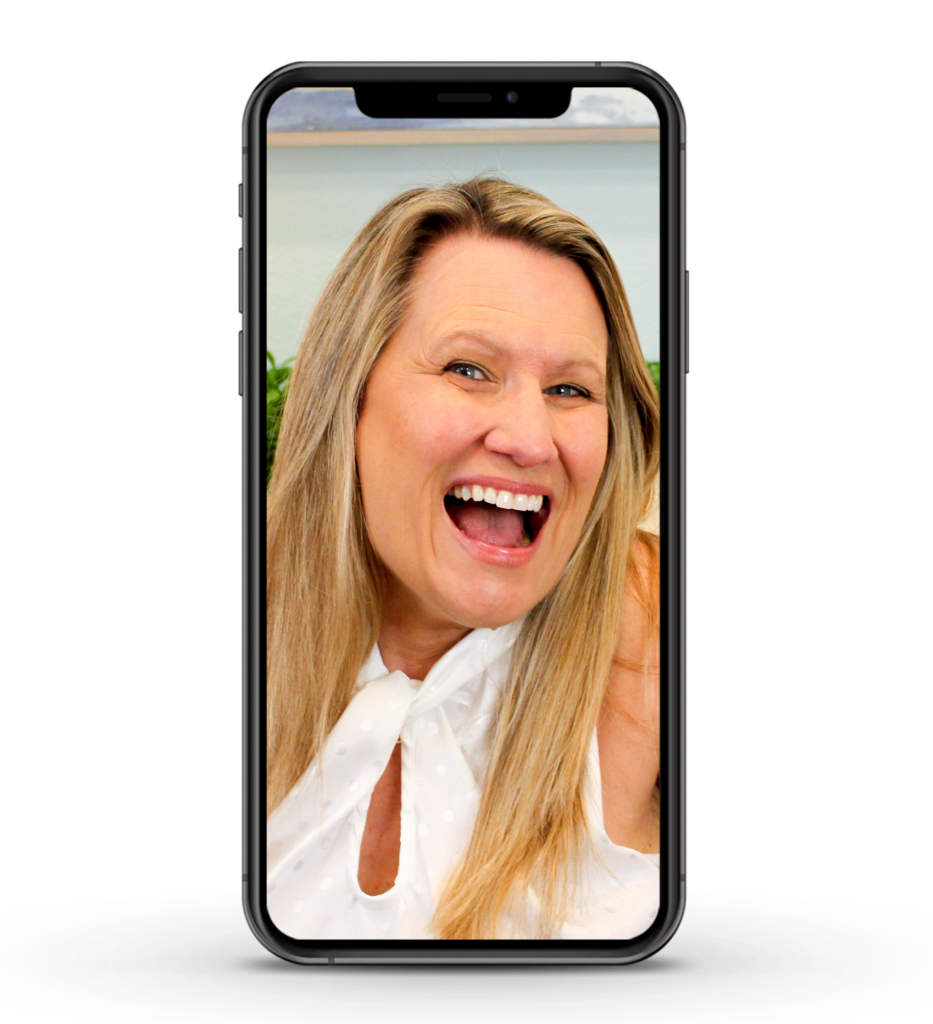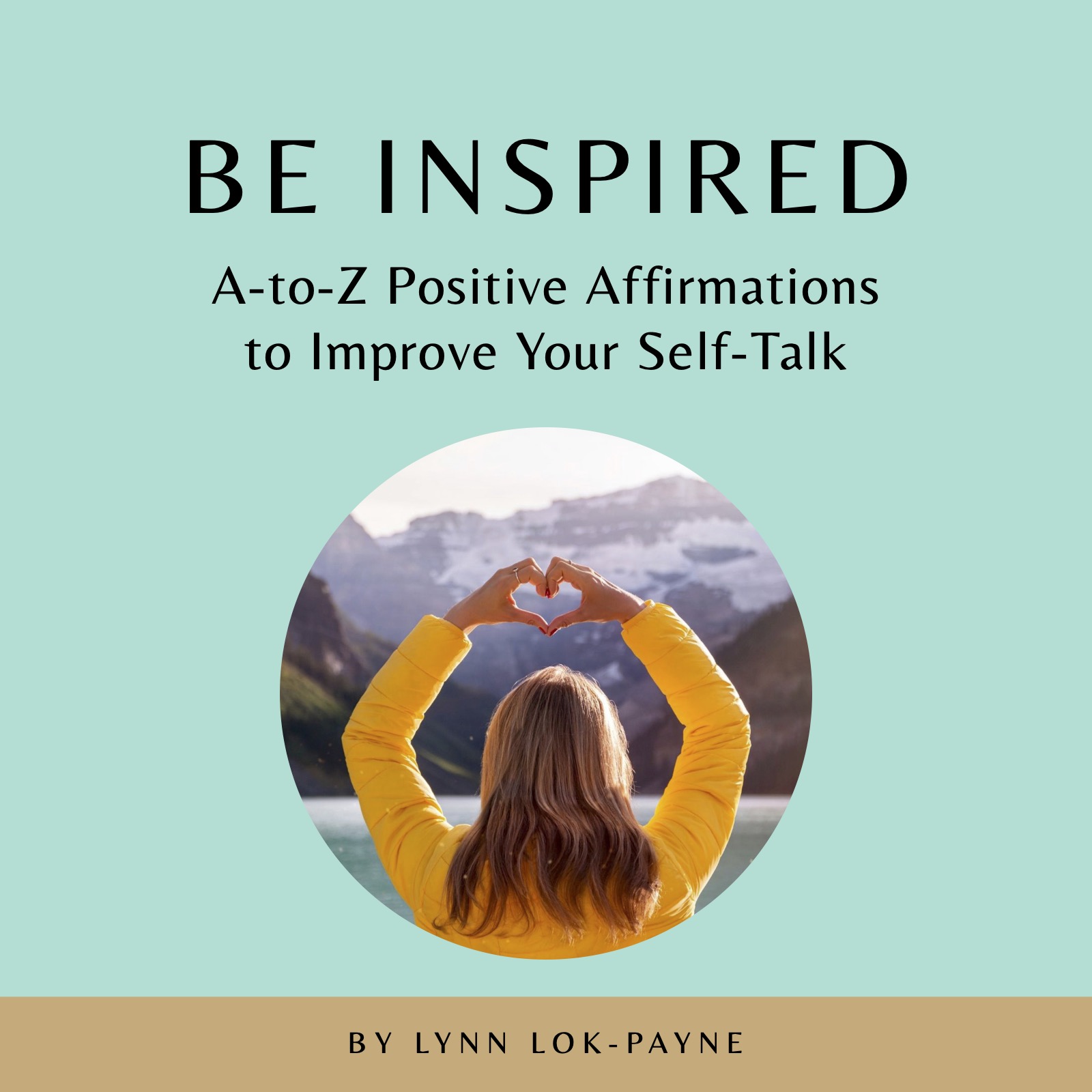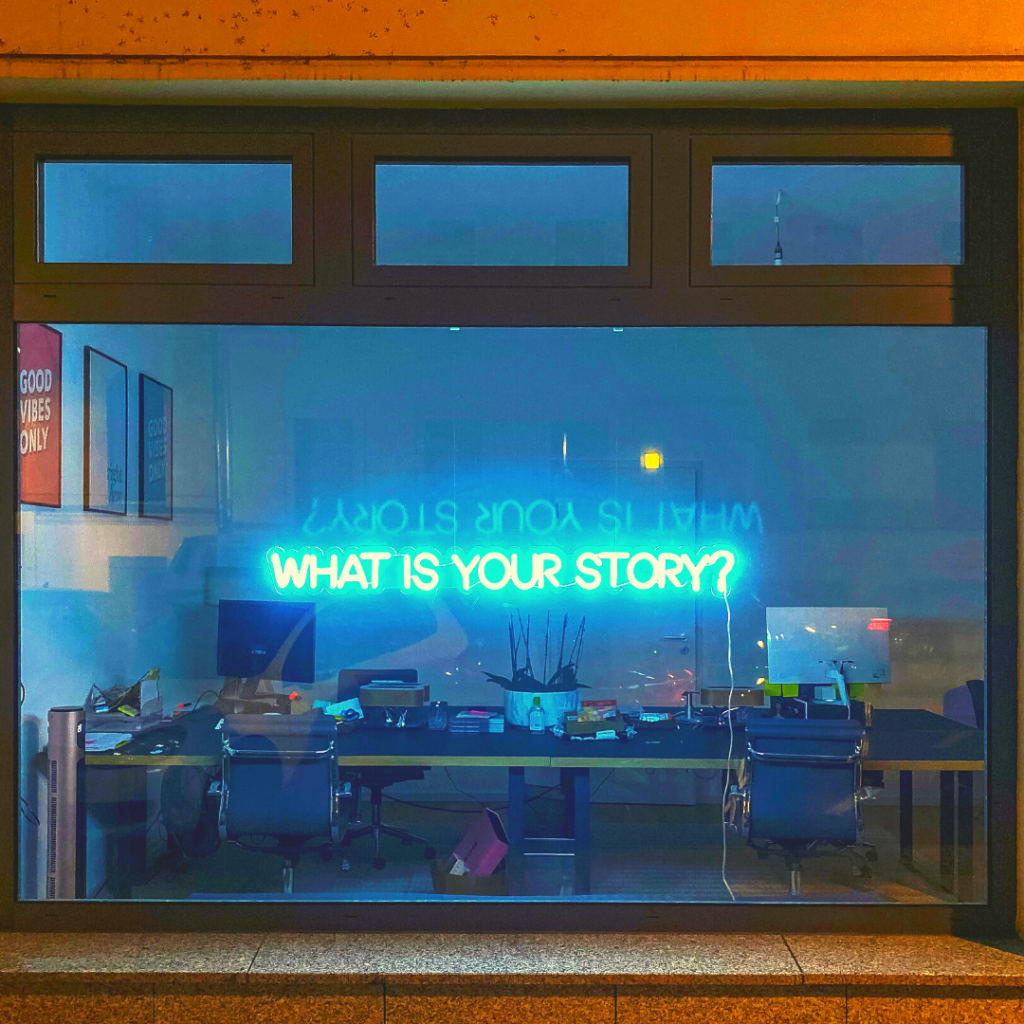
The language we use has the power to change our lives. Our internal dialogue may be the biggest influence on how we experience life. You can change your story.
Beneficial thinking and words deliver states of joy, love, strength, and worthiness. Unconstructive communication contributes to feelings of sorrow, frustration, weakness, and worthlessness. Our thoughts form our emotions and this creates what we experience. When I am in a positive state of mind, I attract people and circumstances that feel good and benefit me. But when feeling negative, I block favorable possibilities. We are a magnet of our focus. Like attracts like.
Whatever you hold in your mind on a consistent basis is exactly what you will experience in your life. — Tony Robbins, American author, life coach, business strategist, philanthropist
What are you attracting?
I may think, “I did not want this circumstance in my life.” Nevertheless, here it is. By repeatedly focusing on unwanted things, I unintentionally invite them into my reality. There have been times when I was not living the life I wanted. Concentrating only on the negative did not solve any problems. Once I learned to change my story, my internal script, and direct my attention to the good things in my life, instead of what was not working, my life changed for the better. We can cultivate the mind to see the positive. The question is, what are we attracting?
What you think, you become. What you feel, you attract. What you imagine, you create. — Buddha, Indian teacher and philosopher
Before learning about the Law of Attraction, the principle that what we give our attention to we attract, I didn’t realize it was me who was doing the creating. We are a boomerang—the energy we transmit through our thoughts, words, and emotions, bounces back to us. If I state, “I am having a bad day,” then I will bring in situations that validate this statement. Instead, I should switch my attention to what I want to appear, such as “Today is a good day” or “I can do this.” When I purposely direct my thinking, favorable experiences start to manifest into physical form.
Change your thoughts and you change your world. — Norman Vincent Peale, American minister, inspirational leader, author
Attention is Key
I felt this truth when purchasing Eagles concert tickets. I wished for two sets of seats in the arena. For fifteen minutes I worked on two computers unsuccessfully. Then I stopped, took a breath, and feeling a strong desire I announced out loud, I really want one of these two sets of seats. When I hit the refresh button on both computers, I could not believe my eyes. One computer showed I had scored one set of my desired seats and on the other, the second set appeared. I couldn’t believe it. Now I had both sets and had to decide which set to take. It may seem like a small thing, but this was the first time I fully understood the power of intention and our individual power to create. What we conceive and desire, we can create. Attention is key.
When you want something, all the universe conspires in helping you to achieve it. — Paulo Coelho, Brazilian novelist, writer, lyricist
Change Your Thoughts
Being conscious of my focus provides me the opportunity to move toward a more positive, or at least neutral, state. By becoming mindful of my thoughts and emotions and intentionally revising my dialogue in the direction of more beneficial thinking, I shift the outcome. The power to transform our thoughts lies within each of us. The following quote by Dr. Wayne Dyer, who wrote the books, Power of Intention and Change Your Thoughts—Change Your Life, puts it best, “The law of attraction is this: You don’t attract what you want. You attract what you are.” You have the power to change your story.
The energy we send out to the world, not our desires, is what we are attracting. For example, if I want to attract positive and loving relationships, then I need to be positive and loving myself. I can only attract what I give, not what I hope to receive.
Emotional Energy
Energy is everywhere and in everything, from the tiny cells in our bodies to the cosmos. We may not be able to see it, but it is there. All living things carry a vibration due to the constant cycling of energy, which includes our emotions. The better the feeling, the higher the vibration. That is why we have more energy, happiness, and lightness in higher states. We can try to think positively, but if we feel fear or doubt, we hinder the manifestation of our desires. By aligning our thoughts and emotions, we can become a powerful force affecting the environment and those around us.
How we act impacts the world. Action brings attraction. In fact, action is in the word attraction. I have witnessed when I am in a calm, peaceful state, I can positively influence my surroundings. Standing in the grocery line one day, I noticed the person in front of me was in a hurry and her frantic energy made the checker become stressed and tense. When it was my turn to check out, I purposefully embodied peacefulness by talking and feeling calm, and noticed he became more at ease. My serenity affected his state.
Emotional Mirroring
Many of us have witnessed this same effect when joyfully walking into a room and then encountering someone who starts to complain. We can feel our joy diminish. Did the encounter cause our joy to fade? Yes, we can “catch” another person’s energy without realizing it. Now, we too are complaining instead of feeling joy. This is called emotional contagion or emotional mirroring—unconsciously imitating another’s emotions. Sometimes this is useful for empathy, but at other times, it is not beneficial.
With conscious awareness, we can change our direction and possibly the direction of others. By noticing we are mirroring an action or emotion we do not want—for example, complaining—we can choose to do something about it, such as smiling and shifting the subject to something more positive, or excusing ourselves from the conversation and walk away. By performing a different action, others may mirror us back.
Dialogue Change
Changing negative dialogue to positive, without modifying emotions, means little or no change will take place. Our emotions drive about 80 percent of our choices, while only 20 percent are driven by logic. When we are hungry, angry, lonely, or tired (HALT), emotions win 100 percent of the time.1
Let’s say we want to change a thought from “I don’t like my job” to “I like my job.” Just changing the words probably will not bring change. But feeling positive aspects of a job, such as it is only twenty minutes from my house, pays the rent, or has a great coffeehouse nearby, helps to switch our emotions. Sometimes all it takes is discovering little reasons to be grateful to move negative thinking to a more positive or neutral emotional state. The more we focus on appreciation, the more appreciation we find. It is the circle of attraction. I can change my story by revising my thoughts.
If you change the way you look at things, the things you look at change. — Dr. Wayne Dyer, American philosopher, author, inspirational speaker
Unconscious Response
Our minds act out of habit and return to prior responses. Cognitive neuroscientists have discovered that only about five percent of our cognitive activity is conscious. This means that 95 percent of the time we are not being mindful of our behavior, actions, decisions, and emotions.2 We are unconsciously acting and making choices based on what we have done, thought, or felt in the past. Paying attention to the mental chatter in our heads helps us to reevaluate and shift our thinking.
Progress is impossible without change, and those who cannot change their minds cannot change anything. — George Bernard Shaw, Irish playwright, critic, Nobel Prize for Literature 1925
Ever notice there are times when we are having a conversation with ourselves? I do, and sometimes I even answer myself out loud. Embarrassing, I know. This is my ego talking and it does not want to shut up. It talks and answers itself. How impartial is that? If I can quiet the chatter, it becomes easier to change direction. What works for me is to acknowledge the thought then replace it with a more beneficial one. This can take several attempts before a new intention gets implanted into my mind. But once implanted, it becomes my new response.
You can change your story. What story do you want to change?
If you liked reading this article, see https://lynnlokpayne.com/flip-the-script/.
Photo by Etienne Girardet on Unsplash
- Thomas Oppong, “Psychologist Explain How Emotions, Not Logic, Drive Human Behavior,” Medium.com, Accessed April 16, 2020, https://medium.com/personal-growth/psychologists-explain-how-emotions-not-logic-drive-human-behaviour-6ed0daf76e1a.
- Marc Van Rymenant, “95% Of Our Brain Activity Is Beyond Our Conscious Awareness,” Simplifying Interfaces,” August 1, 2008, http://www.simplifyinginterfaces.com/2008/08/01/95-percent-of-brain-activity-is-beyond-our-conscious-awareness/#:~:text=95%20percent%20of%20brain%20activity%20is%20beyond%20our%20conscious%20awareness,in%20a%20non%2Dconscious%20manner.
